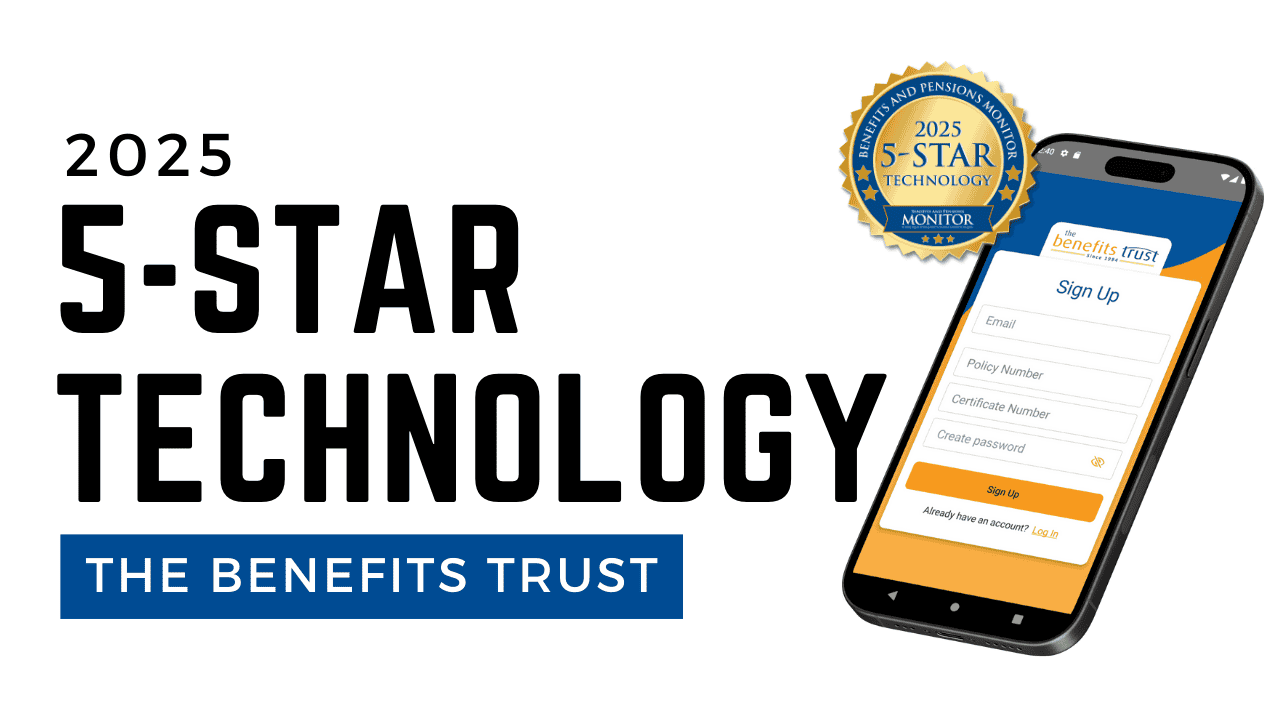Rising healthcare costs are becoming harder for businesses to manage, especially when it comes to specialty medications. These drugs, while essential, come with a hefty price tag and can quickly overwhelm an employer’s benefits plan. The reality is that one in 50 employees will have a specialty drug claim, making it not a question of if, but when these costs hit a company’s budget. Even though only 2% of claims involve specialty drugs, they make up 50% of total spending for many employers, according to PSG Consulting. Another report from WorkCompWire found that just 2.9% of claimants are responsible for a disproportionately high share of healthcare costs.
A financial services company with over 400 employees was feeling this pressure firsthand. The rising cost of high-cost specialty medications threatened to make their benefits plan unsustainable. Rather than reduce coverage or increase costs for employees, they partnered with The Benefits Trust to take a different approach. By implementing a drug formulary with drug navigation services, they helped employees transition to alternative funding sources—saving $500,000 annually while ensuring no one lost access to the medications they needed.
The Growing Challenge of High-Cost Medications in Employee Benefits
Many businesses face a difficult choice when it comes to rising prescription costs. Specialty medications, often prescribed for chronic or life-threatening conditions, can cost tens of thousands of dollars per employee each year. Without a structured approach to managing these expenses, businesses risk financial strain that forces them to make difficult decisions, such as increasing employee contributions, cutting benefits, or shifting costs elsewhere.
The financial services company in this case study needed to control its spending without negatively impacting employees who relied on high-cost prescriptions. At the same time, they wanted to ensure their benefits package remained competitive in an industry where comprehensive healthcare coverage plays a key role in talent retention and recruitment. Employers in the financial sector often compete for highly skilled professionals, and a benefits package that balances cost-effectiveness with strong coverage can be a crucial differentiator.
A Smarter Solution for Managing Specialty Medication Costs
The Benefits Trust implemented a drug formulary with support to help employees secure alternative funding for high-cost prescriptions, reducing costs for both the employer and employees. This proactive approach ensured that employees had access to the medications they needed without the employer carrying the full financial burden.
The first step was identifying employees who were using high-cost specialty medications. Those with annual prescription expenses exceeding $10,000 were assessed to determine eligibility for alternative funding. We worked closely with our formulary partner to guide these employees through provincial and manufacturer-sponsored programs that could offset costs. By leveraging these funding sources, employees continued to receive their medications without disruptions, while the company dramatically reduced its healthcare expenditures.
Communication and employee engagement were key factors in the program’s success. The transition to a new formulary and funding structure required careful planning to ensure employees felt informed and supported throughout the process. We provided clear, step-by-step guidance to employees affected by the changes, helping them understand how to access funding and what to expect moving forward. By taking a proactive, hands-on approach, the company avoided common pitfalls that can arise when benefits changes are not communicated effectively.
The Results Speak for Themselves
The impact of this strategy was immediate. In the first year, over $300,000 in high-cost drug expenses were removed from the employer’s benefits plan. With the formulary in place, projected annual savings reached nearly $500,000. Employees did not lose access to their necessary medications but instead received personalized assistance in navigating alternative funding sources.
Beyond the financial benefits, this approach positioned the company as an employer of choice in the financial sector. A well-managed benefits plan enhances employer branding, helping businesses attract and retain top talent in an industry where skilled professionals have high expectations for compensation and benefits. Instead of reducing coverage, the company demonstrated a commitment to supporting employees while making strategic financial decisions that ensured the long-term sustainability of its benefits plan.
What This Means for Other Employers
If your business is struggling with rising healthcare costs, it may be time to rethink how your benefits plan handles high-cost specialty medications. Simply absorbing rising drug costs is not a sustainable strategy, but a well-structured drug formulary can create a better balance between affordability and quality coverage.
Many employers are unaware of the number of alternative funding sources available for specialty drugs. Government programs, manufacturer-sponsored assistance, and other funding options can significantly reduce costs while ensuring that employees receive the medications they need. Without guidance, however, employees may not know how to access these resources, leading to unnecessary claims on an employer-funded benefits plan.
Employee engagement is another critical factor. Changes to benefits plans can create uncertainty, particularly when they involve prescription drug coverage. A well-communicated strategy that prioritizes education and support ensures a smooth transition and minimizes disruption for employees. When employees feel supported and understand their options, they are more likely to accept changes positively.
Sustainability should be a top priority for businesses looking to maintain strong employee benefits while managing costs effectively. A proactive approach to cost containment allows businesses to provide high-value benefits without excessive financial strain. Employers that take steps to manage high-cost medications effectively can avoid making difficult trade-offs in other areas of their benefits plans, ultimately creating a more stable and competitive offering for their workforce.
Take Control of Your Benefits Costs
Your company does not have to choose between affordable healthcare and comprehensive employee benefits. By implementing a structured approach to managing high-cost specialty medications, businesses can control expenses while keeping employees covered and supported.
The Benefits Trust specializes in customized benefits solutions that align with a company’s unique needs. Whether it is optimizing a drug formulary, improving cost efficiency, or ensuring long-term benefits sustainability, the right strategy can make a significant difference.
Contact us today to learn how your business can reduce healthcare costs without cutting benefits.


